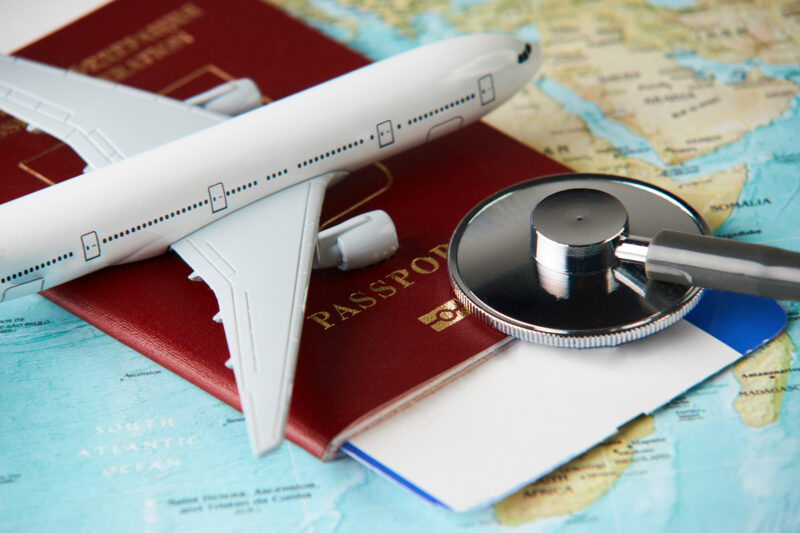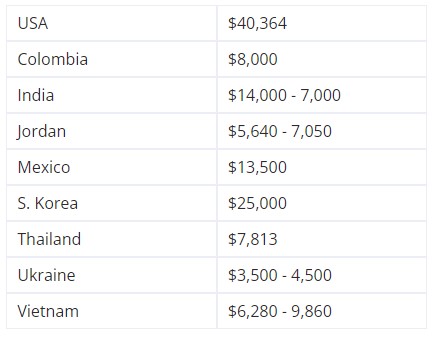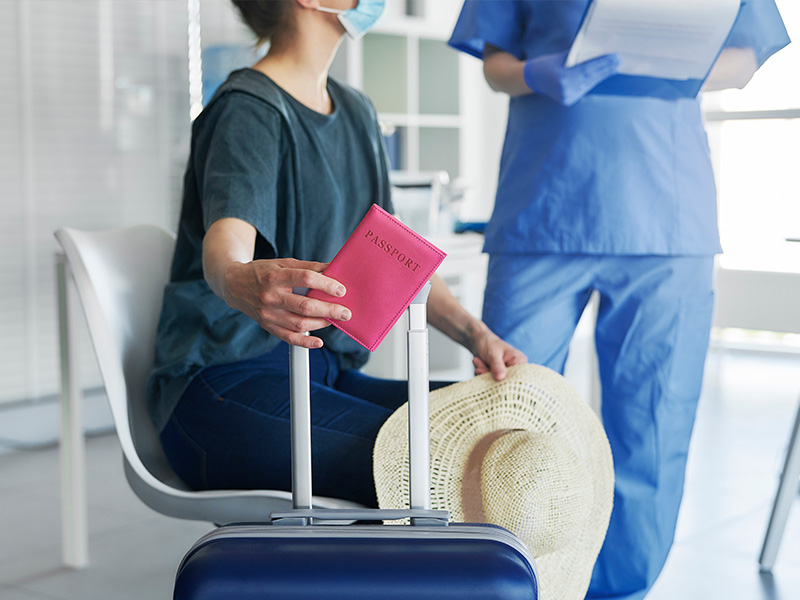If there’s one common belief that people hold about Asia, it’s that things are relatively cheaper here. It’s mostly true too. From street food in Vietnam to taxi rides in Thailand, this part of the world provides ample opportunities to get more bang for your buck. The same applies to medical treatment overseas – Asia has an extremely competitive market for medical tourism, especially as the number of international medical clinics in places like Malaysia and Thailand grows. Singapore has long had an excellent reputation for medical tourism, and can still be cheaper than seeking care in the US, but its Southeast Asian neighbours are now offering equitable care and elective surgery at more competitive prices. The team at Pacific Prime CXA discusses the must-knows of getting medical treatment in Asia.

How much cheaper can it get?
People living in Singapore can count themselves fairly lucky when it comes to health. The country is home to one of the most efficient and advanced medical systems in the world, yet it still manages to have medical costs considerably lower than in the US. The standard and quality of care in neighbouring countries has also increased dramatically in the past decade. Thailand, for one, has long been considered the place to go for dental treatment, however its other medical services have also been brought up to speed.
When it comes to comparing costs, there may still be differences in the level of expertise offered as well as varying standards of care and comfort amongst the countries. Using 2021 data from MedicalTourism.com, here are the approximate costs of a hip replacement at international medical clinics in selected countries:

These prices are approximate and do not include related costs such as air travel or accommodation, but they’re indicative of why an increasing number of people are choosing Asia for medical tourism. (Image credit: medicaltourism.com)
What should I consider before deciding on medical tourism?
Getting treatment overseas doesn’t need to be scary, but it does require much thinking and planning. Here are some quick tips:
#1 Opt for an accredited international medical clinic
International standards are developed in every industry to ensure the safety and protection of consumers around the world. The Joint Commission International (JCI) is a major global accreditation body that many international medical clinics strive to be recognised by. When choosing an overseas facility, check its accreditations.
 #2 Research, research, research
#2 Research, research, research
You can’t believe everything you read online, but you’ll find some useful information about hospitals and doctors to treatments and elective surgery. Research the international medical clinic you think you want to use, search for information about the doctor that may perform your procedure and seek out reviews of previous patients.
#3 Get a travel companion
Travelling alone can be risky, but travelling as a solo medical tourism patient can be even more dangerous. If anything happens, you’ll need someone you trust to help you make the best decisions for your health. They can also provide you with moral and physical support during your recovery.
#4 Consult your regular physician
Just because you’re seeking elective surgery and other medical procedures in another country doesn’t mean you need to hide it from your doctor. Tell them in advance and they’ll be able to give you valuable advice on your options, as well as prepare you for the trip.
#5 Enjoy yourself responsibly
Another reason to seek medical care in Asia is that international medical clinics can be more luxurious compared to facilities in your home country. Remember that recovery is an important part of your procedure. For example, don’t risk infection by swimming if you’ve had invasive surgery, avoid alcohol while on painkillers and reduce your sun exposure if you’re concerned about darkening scars.

#6 Consider a medical tourism agency
There are many companies that offer travel agency-type services to those considering healthcare abroad. If you’ll feel safer with an extra level of organisational support, consider engaging a medical tourism operator.
Finally, consider the whole cost of seeking treatment abroad. While medical treatment overseas might be cheaper, but after factoring in flights and accommodation, would it still be financially wise?
Double check your medical coverage
Generally, standard health and travel insurance plans do not cover elective surgery and medical treatment overseas. Local health insurance likely won’t cover you for heading to another country to have a procedure done, but a local plan with international health benefits might. Go through your policy document carefully to find out if your plan covers medical tourism. If not, we recommend getting a specific plan designed for medical tourists. Pacific Prime CXA offers a variety of comprehensive personal, family and international medical plans with an array of benefits. Keep yourself updated on the latest global insurance trends by reading Pacific Prime CXA’s State of Health Insurance Report.
Written in collaboration with:
Pacific Prime CXA
#09-02 Cross Street Exchange, 18 Cross Street
6346 3781 | pacificprime.sg
Read on for more maternity, vision, dental and travel insurance advice and information.

 #2 Research, research, research
#2 Research, research, research



